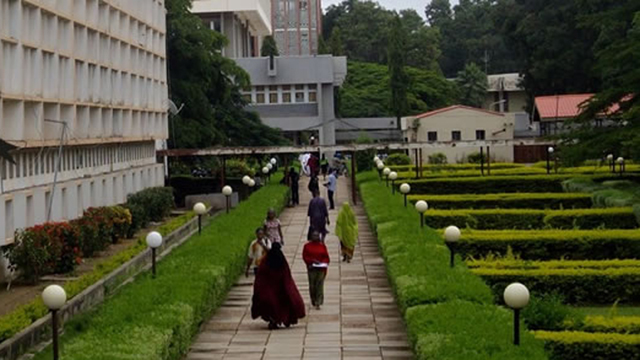No fewer than 1,000 aspiring lawyers across Nigeria have been equipped with critical Anti-Money Laundering and Counter-Financing of Terrorism (AML/CFT) skills.
This followed a nationwide sensitisation workshop organised by the Nigerian Bar Association Anti-Money Laundering Committee (NBA-AMLC) in partnership with the African Centre for Governance, Asset Recovery and Sustainable Development (African Centre).
The one-day programme, held on Friday at the headquarters of the Nigerian Law School (NLS) in Bwari, Abuja, with other campuses joining virtually, forms part of a UK–Foreign, Commonwealth and Development Office (FCDO)-supported project titled “Tackling Illicit Financial Flows through Asset Recovery, Management, and Strengthening ML/CFT/PF Compliance in Nigeria.”
Esa Okibe Onoja, a member of the NBA-AMLC, opened the session by exposing Bar aspirants to money laundering risk indicators, the responsibilities of legal practitioners under Nigeria’s AML/CFT regime, and the growing global expectation for lawyers to serve as frontline gatekeepers within the financial system.
He stressed the need for young lawyers to cultivate integrity, due diligence and ethical vigilance from the outset of their careers.
Delivering the technical lecture, Co-Chair of the NBA-AMLC, Ernest Ojukwu, SAN, dissected global money laundering dynamics and explained the three stages—placement, layering and integration—using illustrative case studies such as the “Art Dealer’s Trail.”
He highlighted the role of the Financial Action Task Force (FATF), especially Recommendation 23, which identifies lawyers as critical gatekeepers, and outlined Nigeria’s regulatory framework, including the Money Laundering (Prevention and Prohibition) Act 2022 and the Terrorism (Prevention and Prohibition) Act 2022.
Ojukwu also walked participants through essential compliance procedures such as customer due diligence (CDD)/know-your-customer (KYC), record-keeping, exceptions to confidentiality, sanctions list screening, suspicious transaction reporting and client-account management.
He introduced the NBA’s AML/CFT Guidelines & Protocols and used scenario-based ethical exercises to demonstrate practical compliance steps. According to him, “a lawyer who understands and applies AML/CFT obligations protects their clients, their practice, and the integrity of the justice system.”
In his goodwill message, Director-General of the Nigerian Law School, Isa Hayatu Chiroma, SAN, commended the NBA-AMLC and the African Centre for the initiative.
He described the training as timely and indispensable for grooming ethically grounded lawyers, noting that AML/CFT competence is increasingly essential in modern legal practice.
The African Centre reaffirmed that the workshop strengthens Nigeria’s efforts to curb illicit financial flows and align with global standards, while the NBA-AMLC pledged continued sector-wide supervision and capacity building.
Participants lauded the programme as “timely” and “eye-opening,” with many pledging to cascade the knowledge and uphold ethical best practices in their future workplaces.






